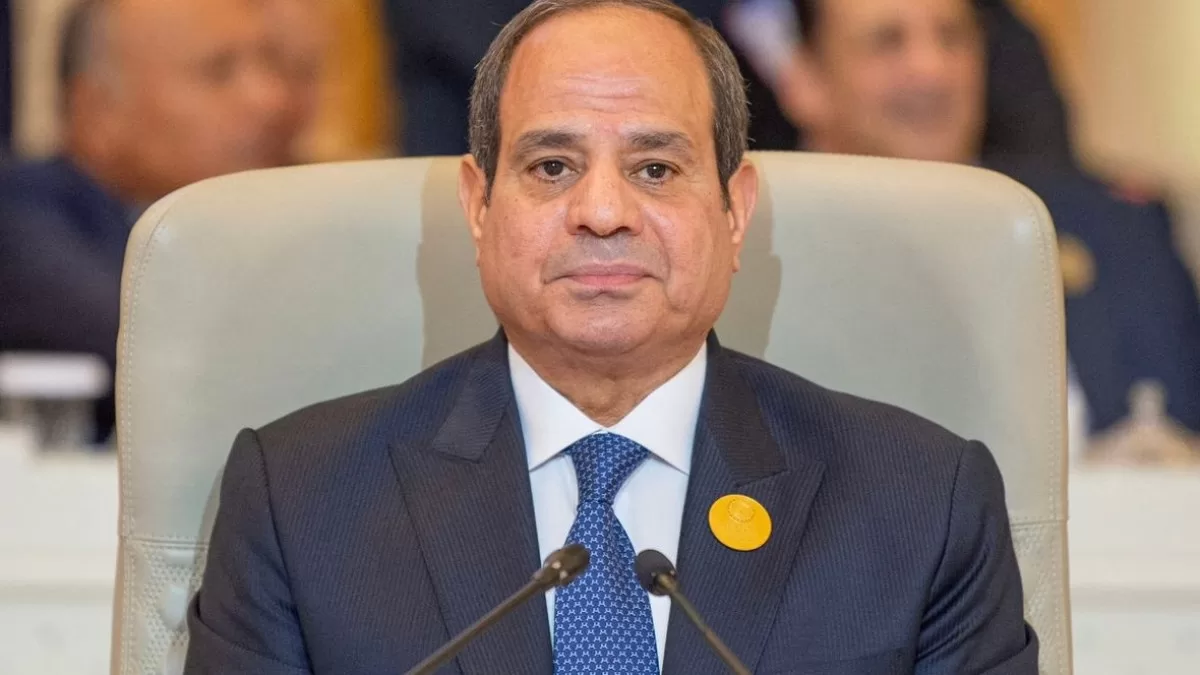El-Sisi’s new term of six years is supposed to be his last, according to the constitution.
El-Sisi “will take the oath of office on the constitution Tuesday in the new parliament premises in the administrative capital”, east of Cairo, Al-Ahram reported on Monday.
In power for more than a decade, the 69-year-old leader will officially begin his term on Wednesday, more than three months after he was re-elected with 89.6 percent of the vote in an election pitting him against three largely unknown candidates.
His new term of six years is supposed to be his last, according to the constitution.
The former head of the army and minister of defence, el-Sisi came to power after the 2013 overthrow of the country’s first popularly elected president, Mohamed Morsi. He was re-elected in 2018. In both previous elections, he won with 97 percent of the vote.
He extended the presidential mandate from four to six years and amended the constitution to raise the limit on consecutive terms in office from two to three.
Under his rule, Egypt has jailed thousands of political prisoners, and while a presidential pardons committee has freed about 1,000 in one year, rights groups say that three to four times that many were arrested over the same period.
A third term for el-Sisi sees Egypt facing an economic crisis while the region contends with the impact of Israel’s war on Gaza.
The Middle East’s most populous nation, Egypt has been facing major economic challenges that include spiralling inflation, domestic production struggling to meet the country’s demands, and a foreign currency shortage that is stifling foreign trade.
In the first quarter of 2024, however, the country benefitted from an influx of billions of dollars, of which $35bn came from the United Arab Emirates, and an increase of $5bn on an original loan of $3bn from the International Monetary Fund.
El-Sisi’s supporters say the flow of foreign currency will revitalise the economy. But some analysts are sceptical there will be any improvement without structural reforms to reduce the outsized role of the army and government in the economy.
